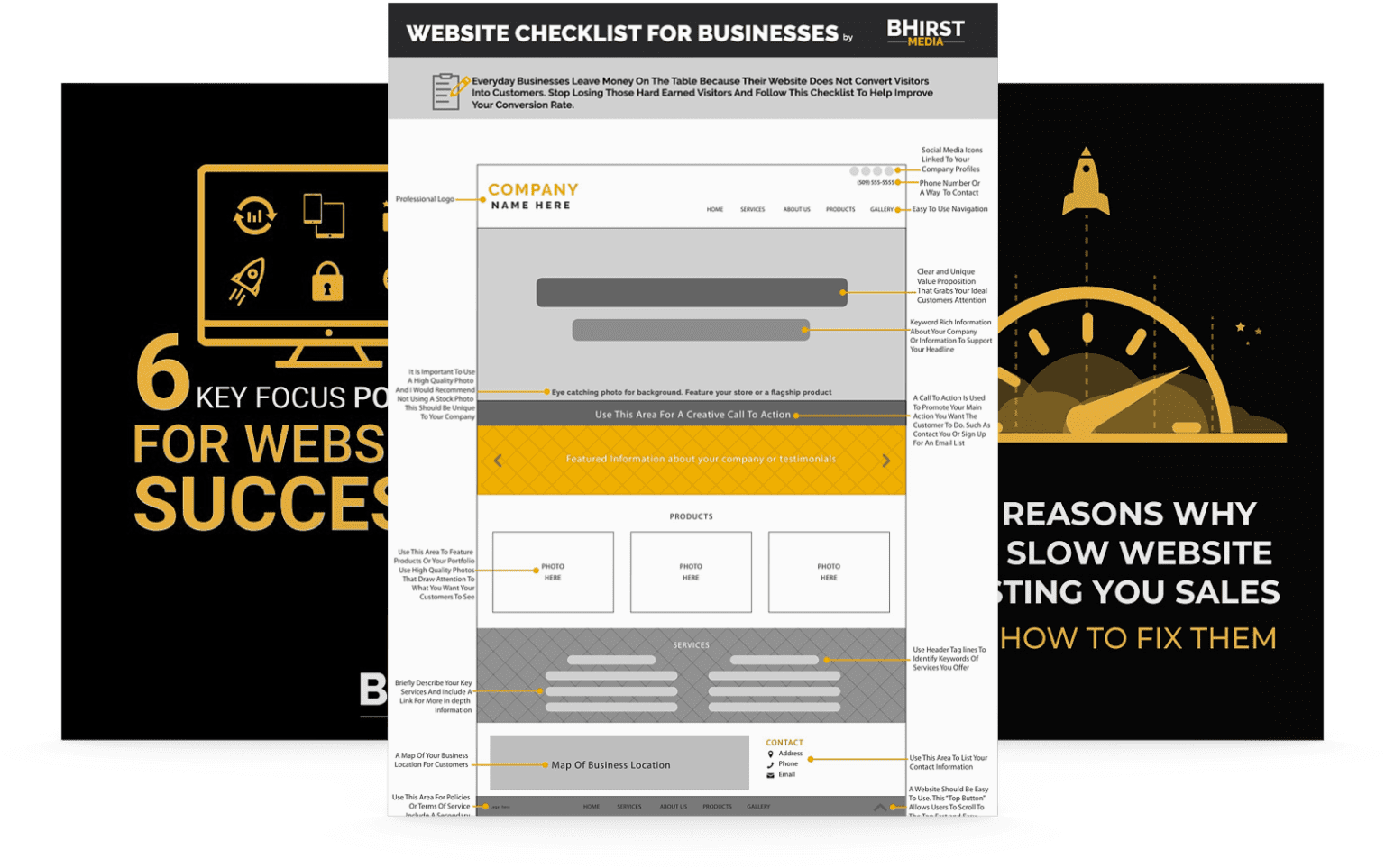
How strong is your marketing strategy? You might have the top minds working on it for you with a campaign you’re proud of. But there’s little room for growth if you’re not tracking how well your marketing team serves you. Tracking the effectiveness of your marketing might be evident to an agency owner. Still, you’d be surprised how many business owners ignore the numbers and wonder why they aren’t getting the results they’re after.
A marketing campaign aims to expand the business and create opportunities while simultaneously growing the business’s value. It’s a big ask and requires planning, attention to detail, and many resources to pull off successfully. It’s why many business owners opt to outsource their marketing. But often, when they do, they wash their hands of the essential metrics to know if their investment is worth it.
Even if you plan to hire a reputable agency or third party to handle your marketing, you should still have a good grasp on what’s working and what’s not. With a better idea of how your money is being used, you can decide where to allocate it to make more of an impact or more profit. Tracking can also give you insanely valuable information that you can use in the future to create super lucrative and successful campaigns by paying attention to which initiatives met or surpassed your goals.
But what should you be tracking, exactly? Whether you’re going it alone or outsourcing your needs through an agency, here are the five elements of marketing metrics you’ll want to have your eye on.
Marketing’s goal is to lead users to take a specific action. The action is usually a customer purchasing something from your business, but it could be other things such as checking a specific website or using a marketing code. Your conversion rate is the percentage of users that take action associated with your marketing campaign.
Conversion rates tell you how many website visitors become leads and how many of the leads turn into customers. Paying attention to each individual conversion rate down the line, from clicks to purchases, can paint a more detailed picture of which parts of your marketing strategy are weak and which are strong. Conversion rates could also sound the alarm on problems with your UX, especially if you notice a break in the chain between the initial impression and the sale.

What’s in it for you? ROI (return on investment) is easily the most crucial information a business owner wants to get their hands on. Your ROI is telling you how well your campaign is doing for the price of executing it. Marketing agencies may downplay or turn a blind eye to some aspects of your ROI, which is why it’s even more essential to stay on top of it. Hiring an agency could cost you a lot; you owe it to your business to know whether or not the team you’ve hired is worth the price.
Calculating your ROI yourself takes a bit of math, but it’s relatively simple. If you’re using an online tool like Facebook Ads or Google Analytics, they’ll have some of this information built in to make getting ROI and other information much faster. However, you can just as quickly get the information with a calculator. For example, if you’ve spent $500 on an online ad campaign, and the total amount you’ve gained from the investment is $1000, the formula would be 1000-500/500 X 100, making your ROI 50%.
What’s the price of a new customer? Whatever the amount is, that’s what your investment in marketing is buying. If you’re aware of that number, it’ll make it much easier for you to budget accordingly. You might assume that since your marketing campaign brings in new customers, it’s wildly successful. But if you’re hemorrhaging absurd amounts of money just to generate a few new clients, is it really worth it?
The answer to that question could be yes – you may be more interested in building long-term, sustainable customer relationships and higher quality leads, which is a valid strategy. But if you aren’t aware of the numbers, you don’t have much of a strategy at all. So focus on your cost per acquisition to balance your expenses with your desired results.
Numbers are important, but customers aren’t just numbers. A good business is much more than making a quick buck from someone once and calling yourself a success. Think about how much lifetime value a customer gets from your service. Long-term relationships mean long-term revenue, so you must look beyond the first purchase and dive deep into creating stronger connections through your marketing strategies.
Yes, the retention rate is vital for businesses with subscription models. But it’s helpful for any business, as it tells you how well you make additional sales to each customer. Suppose only a tiny percentage of your customers purchase your product more than once. In that case, a lot of opportunities are left on the table. If you’re plugged into your retention rates, that could be taken advantage of by some creative marketing solutions.
How do your customers learn about your business? There are myriad ways someone could reach your site, so many that you might consider it a moot point. But if you’re a business that’s gaining a lot of traction on social media but isn’t capitalizing on that with a social media ad campaign, then you’ll want to address that gap in your marketing plan.
Getting a handle on your referral sources can also flag any possible large amounts of social media attention from an influencer or possibly even a connection. Knowing this gives you enough time to strike while the iron’s hot and make the most from the boost in traffic. Your referral sources also tell you where you’re doing well and where you could improve. If you know your target clientele is using a lot of one social media platform, but your campaign is seeing more success on another, you can quickly switch gears to get back on track.
If you want to make it on the online marketplace, data needs to be your best friend. Become familiar with these fundamental facets of marketing to create more revenue and use that revenue wisely. And as a business owner, understanding your business a little better will help you advocate for what you want when collaborating with agencies. So embrace the numbers and keep learning for the sake of your profits and your future.
And if you need further help with tracking the effectiveness of your marketing, we’re available to help. Contact us today!
